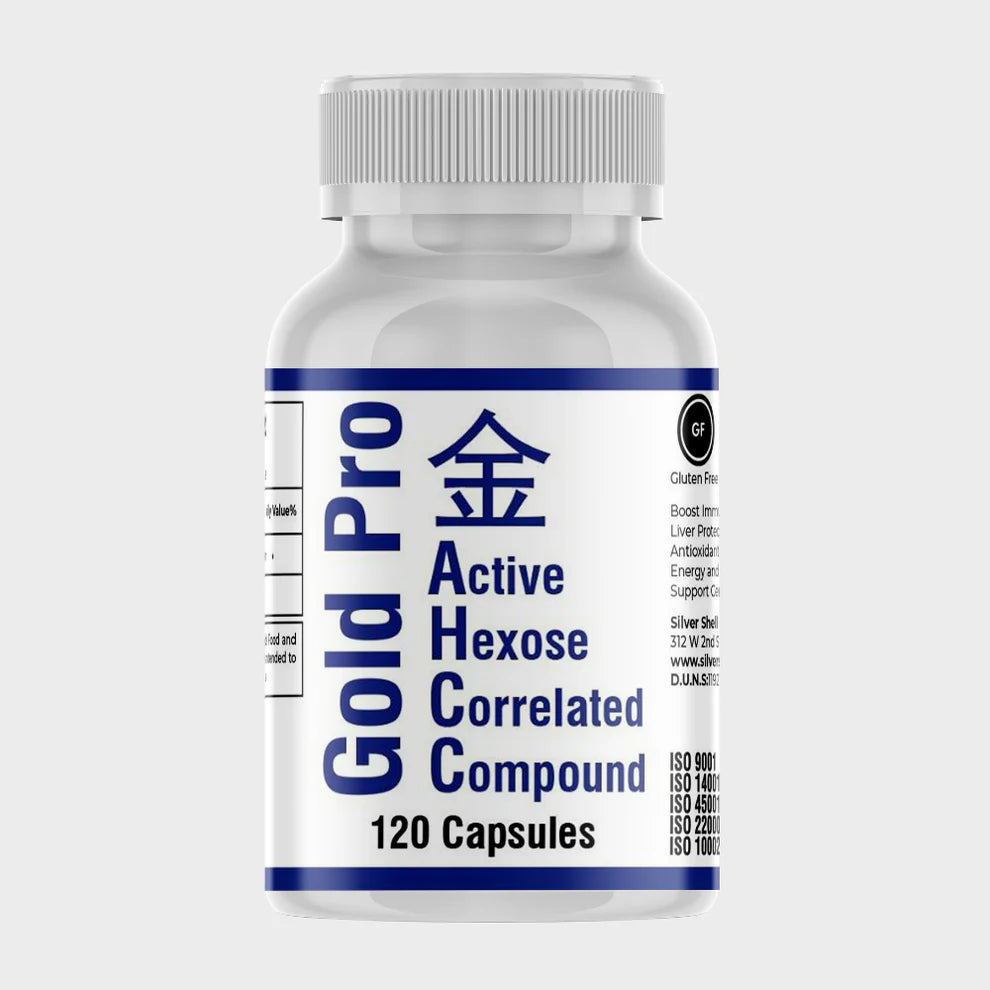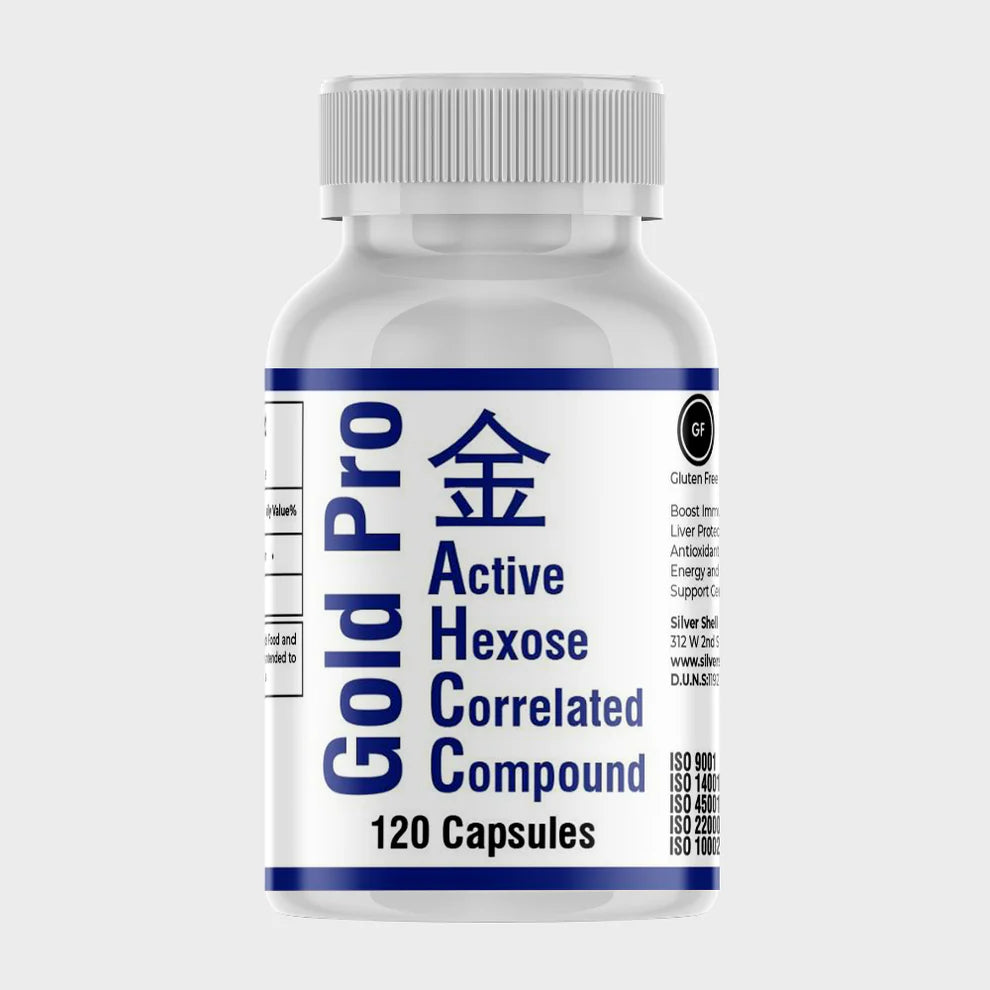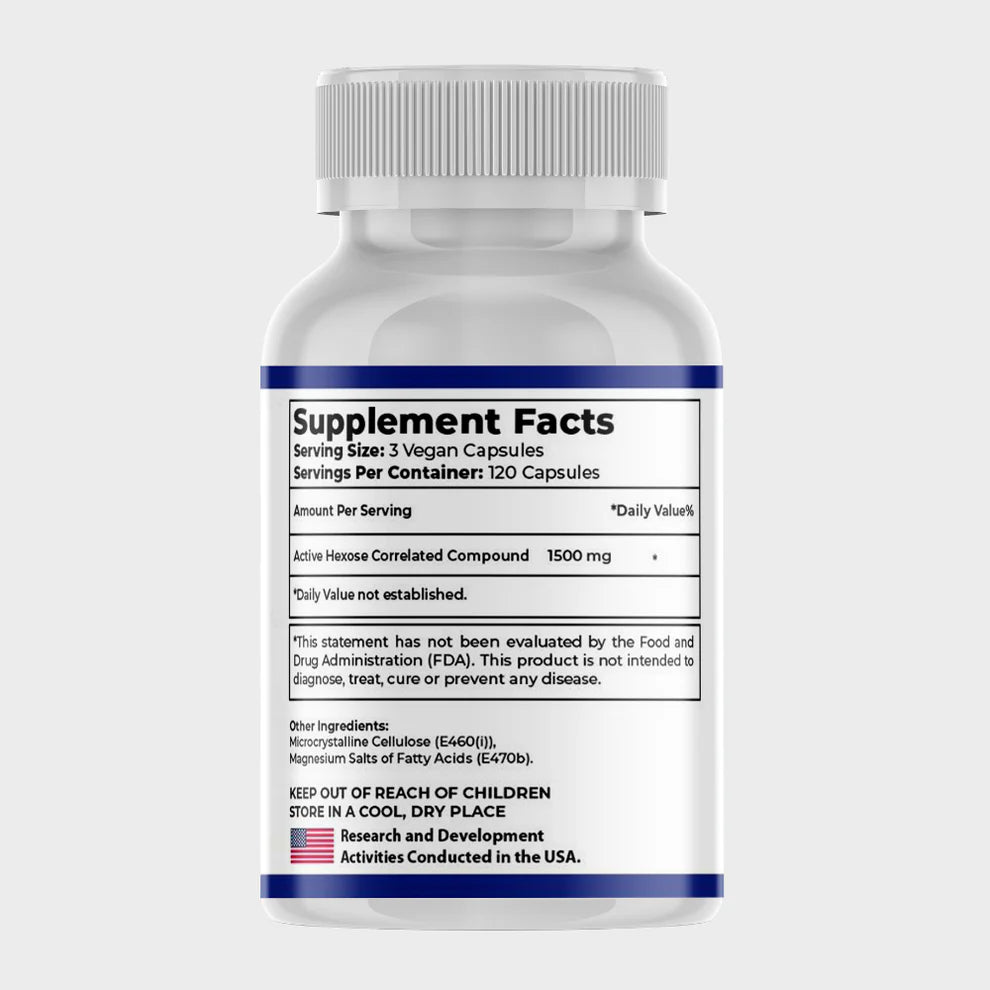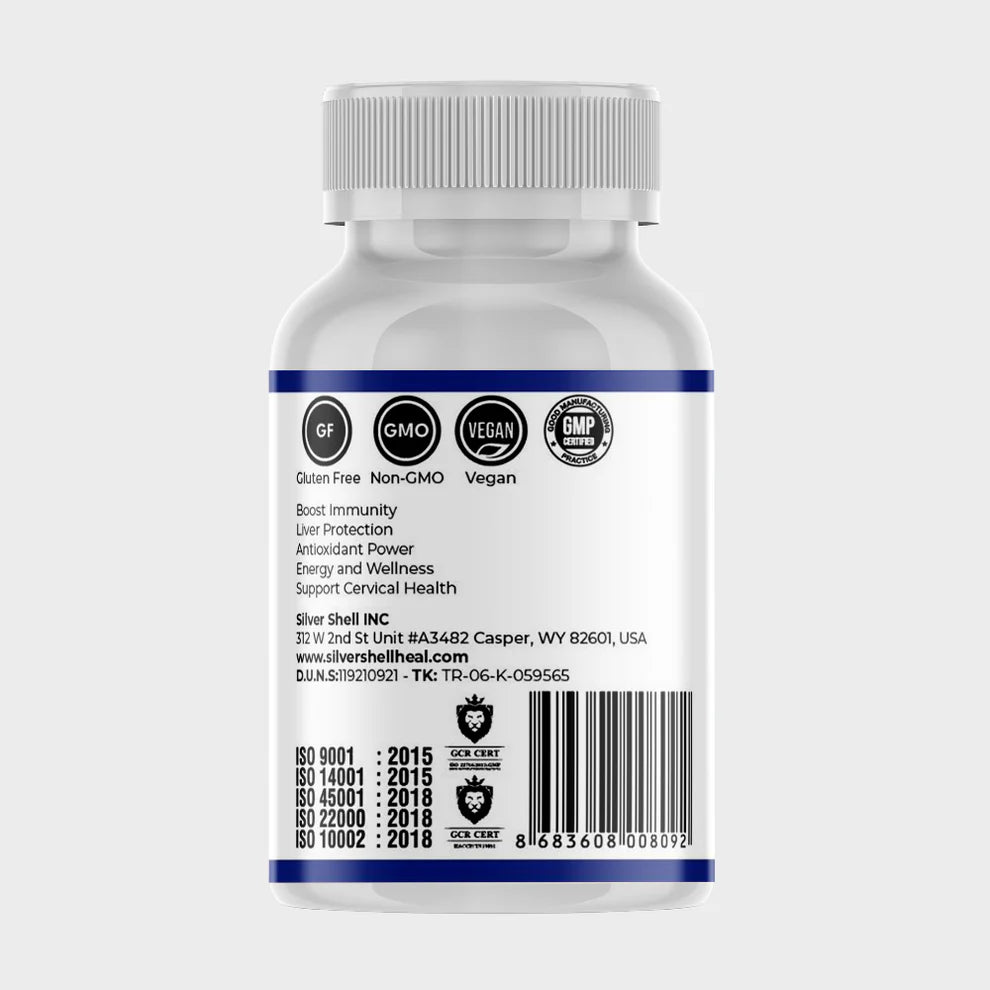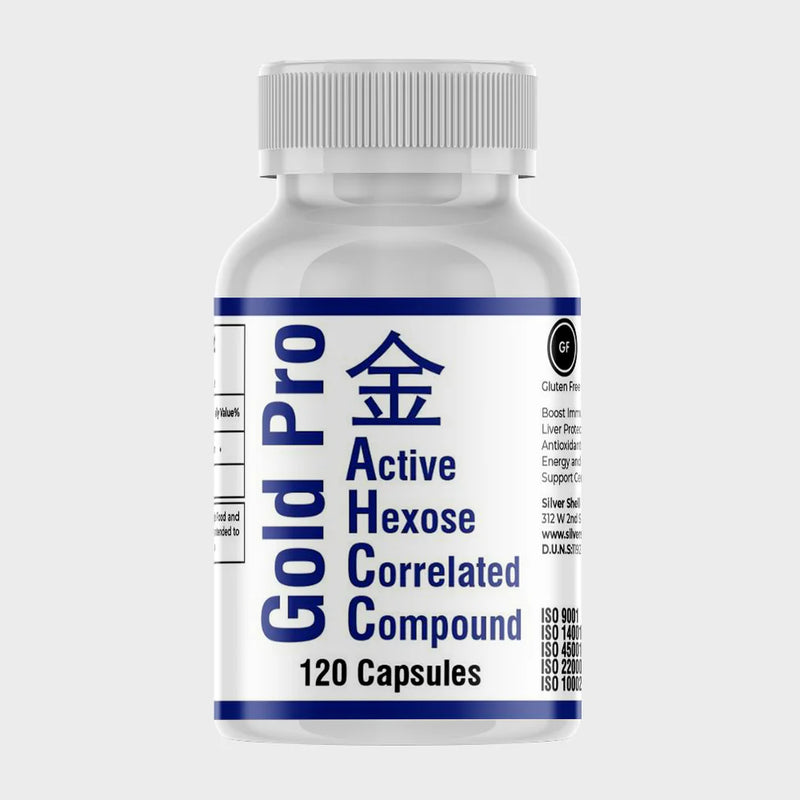Understanding the Link Between Caffeine and HPV
Human Papillomavirus (HPV) is one of the most common sexually transmitted infections, affecting millions of people worldwide. While most HPV infections resolve naturally, some high-risk strains can lead to serious health issues such as cervical cancer, genital warts, and other cancers. Given the crucial role of the immune system in managing HPV, many wonder if lifestyle choices—like caffeine consumption—could impact the virus’s progression. So, is caffeine bad for HPV? Let’s dive into the science and separate fact from fiction.
What Is HPV and How Does It Affect the Body?
HPV is a virus that spreads through skin-to-skin contact, primarily during sexual activity. While many infections clear on their own, persistent cases can lead to abnormal cellular changes and increase cancer risk. The immune system is responsible for fighting off the virus, making diet, stress levels, and overall health essential factors in HPV management.
How Does Caffeine Affect the Body?
Caffeine is a natural stimulant found in coffee, tea, energy drinks, chocolate, and some medications. It works by blocking adenosine receptors in the brain, increasing alertness and reducing fatigue. Caffeine also affects the nervous, cardiovascular, and immune systems. While moderate consumption is generally safe, excessive intake can lead to issues like anxiety, insomnia, and increased heart rate.
Does Caffeine Impact HPV? The Science Behind the Debate
The relationship between caffeine and HPV isn’t straightforward. While no direct evidence suggests that caffeine worsens HPV infections, studies indicate that caffeine may influence factors like immune function and inflammation, which are critical in HPV progression.
1. Caffeine and Immune Function
The immune system is essential for clearing HPV. Some studies suggest that caffeine can modulate immune responses:
-
A study in the Journal of Immunology found that caffeine stimulates cytokine production, proteins that help regulate immune function.
-
However, excessive caffeine consumption may increase cortisol (a stress hormone), which can suppress immune response and potentially impact the body’s ability to fight HPV.
2. Caffeine and Inflammation
Chronic inflammation plays a role in HPV-related complications, including cervical cancer:
-
Research published in the Journal of Nutrition suggests that moderate coffee consumption may lower inflammatory markers.
-
Conversely, excessive caffeine intake has been linked to increased inflammation in some individuals, which could potentially worsen HPV-related conditions.
3. Caffeine and Antioxidants
Coffee and tea are rich in antioxidants, which help combat oxidative stress—a factor linked to cancer development:
-
Green tea contains epigallocatechin gallate (EGCG), a compound shown to inhibit HPV-infected cell growth in lab studies.
-
Regular consumption of antioxidant-rich beverages may offer protective benefits against cellular damage linked to HPV.
Practical Tips for Managing Caffeine Intake with HPV
If you’re managing HPV and wondering about caffeine’s impact, consider these tips:
✅ Moderation is Key – Aim for a moderate intake (200–400 mg per day, roughly 2–4 cups of coffee).
✅ Choose Antioxidant-Rich Options – Green tea and black coffee contain beneficial antioxidants that may support immune function.
✅ Monitor Your Body’s Response – If caffeine disrupts your sleep or increases stress, consider reducing your intake.
✅ Maintain a Balanced Diet – A nutrient-rich diet with fruits, vegetables, and whole grains supports immune health.
✅ Stay Hydrated – Caffeine can have a diuretic effect, so drink plenty of water throughout the day.
Conclusion: Should You Avoid Caffeine If You Have HPV?
So, is caffeine bad for HPV? The short answer: not necessarily. While caffeine itself doesn’t directly worsen HPV, its effects on immune function, inflammation, and oxidative stress suggest that moderation is key. For most people, moderate caffeine consumption is unlikely to negatively impact HPV and may even provide benefits due to its antioxidant content.
However, excessive caffeine intake can contribute to stress, poor sleep, and increased inflammation—all of which could indirectly affect HPV progression. The best approach is to maintain a balanced lifestyle, prioritize immune health, and consult a healthcare professional if you have concerns about your caffeine intake.
FAQs About Caffeine and HPV
1. Can caffeine cure HPV? No, caffeine cannot cure HPV. The immune system is responsible for clearing the virus, and while caffeine may influence immune function, it is not a treatment.
2. How much caffeine is safe for someone with HPV? Moderate caffeine consumption (200–400 mg per day) is generally considered safe and unlikely to impact HPV negatively.
3. Does green tea help with HPV? Green tea contains EGCG, a compound shown in lab studies to inhibit HPV-infected cell growth. While promising, more research is needed to confirm its effectiveness in humans.
4. Can caffeine worsen HPV symptoms? There is no direct evidence that caffeine worsens HPV symptoms. However, excessive intake can negatively affect immune function and overall health.
5. What lifestyle changes can help manage HPV? A healthy diet, regular exercise, stress management, and avoiding smoking can all support immune function and help manage HPV.
By staying informed and making mindful choices, you can take control of your health—even while managing HPV.


